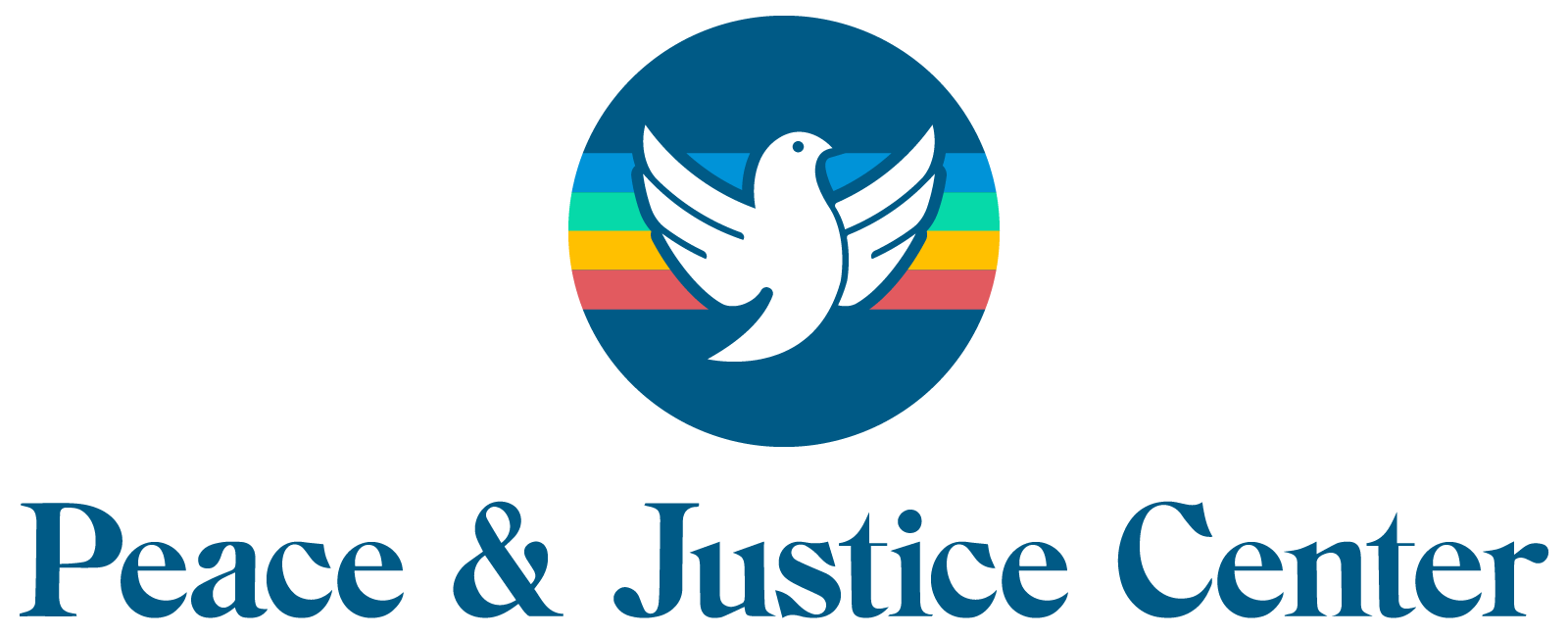Race has been used to justify exploitation since the beginning of colonization. From the Transatlantic Triangular Trade to Spanish conquistadors to the British East India Company, Europeans have repeatedly conquered and taken advantage of people and resources in the Global South. Whiteness, that is, has historically been used as a means for validating the prosperity and domination of European elites at the expense of everybody else. Hence, the history of imperialism is the history of race.
While much of our history has been told from a European lens, in which the invasions of the Global South—that is people from Africa, South America, and developing countries of Asia–have been taught as victories and triumphs, it is vital to see them for what they truly are: instances of deep human injustice and violence. The expansion of European and Global North rule are not events of patriotism and cultural celebration, but rather, occasions of mass genocide and persecution that have caused lasting repercussions for native communities. It is essential that they are seen as such to understand conventional trade today.
Although the colonial era has passed, the exploitation of the Global South and its violation of human rights continues in modern trade practices—specifically, in the economic and political system of capitalism. Under capitalism, a country’s trade and industry are controlled by private owners rather than by the state. This means that wealth belongs to private holders which allows multinational corporations to reduce manufacturing costs to increase profits. In practice, this means that many producers in the Global South are exploited for their resources and labor; in the supply chain of conventional trade, they are overworked, underpaid, and often exposed to harmful chemicals—ultimately subjected to modern slavery and continued Western and European exploitation.
Hence, imperialism and European violence are not issues of the past, but rather, a contemporary injustice existing in our global trade system. In supply chains of coffee, chocolate, bananas, quinoa, clothes, and many more, people of the global south are still facing violence and oppression at the hands of powers in the global north. As a result, the idea of whiteness as a means for domination continues. In the face of continued injustice and sustained ideologies of race, this is where the importance of fair trade arises.
The Fair Trade Movement is an alternative to conventional trade that encourages sustainable development of small producers in the Global South. It is founded on nine human and environmental justice principles such as supporting safe and empowering working conditions, developing transparent and accountable relationships, and ensuring the rights of children. It actively works against capitalism, exploitation, and the creation and use of race as a means for exploitation. As a result, fair trade is not just a more sustainable and equitable economic system, but it is in itself, an anti-racist movement.
The importance and implications of fair trade are far-reaching and multi-dimensional. In small choices such as buying fair trade products or buying local, less, and used, we have the power to make a large difference in fighting both the history of imperialism and the history of race and racism. In simply knowing the influence of your purchase and voting with your dollar, we can take an active stand against systemic oppression.
– McKenzie Imhoff, PJC Racial Justice intern
